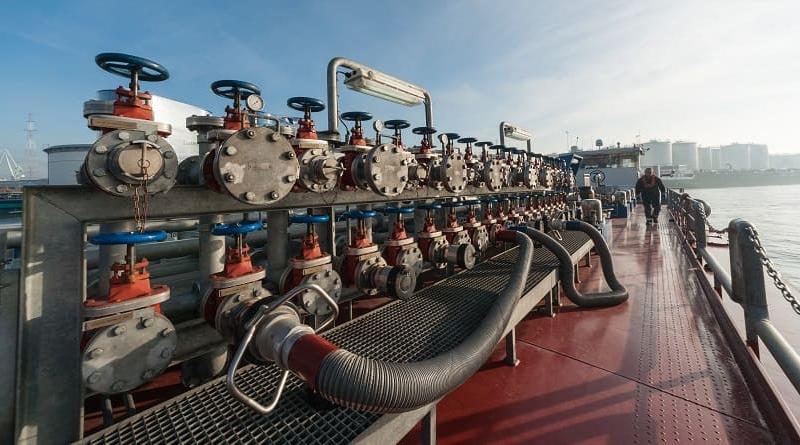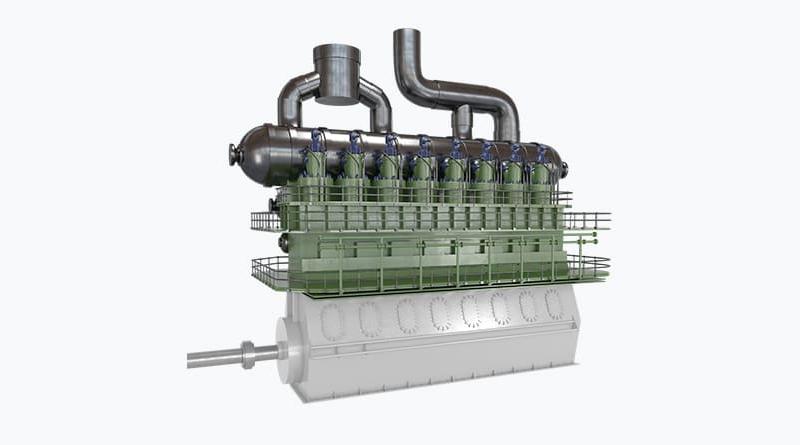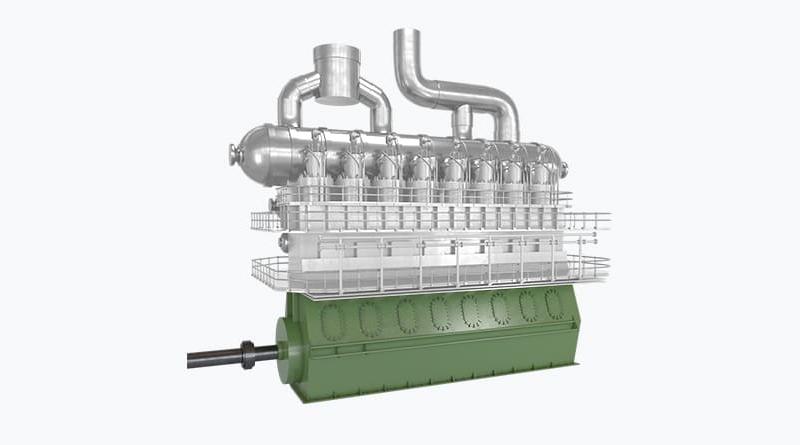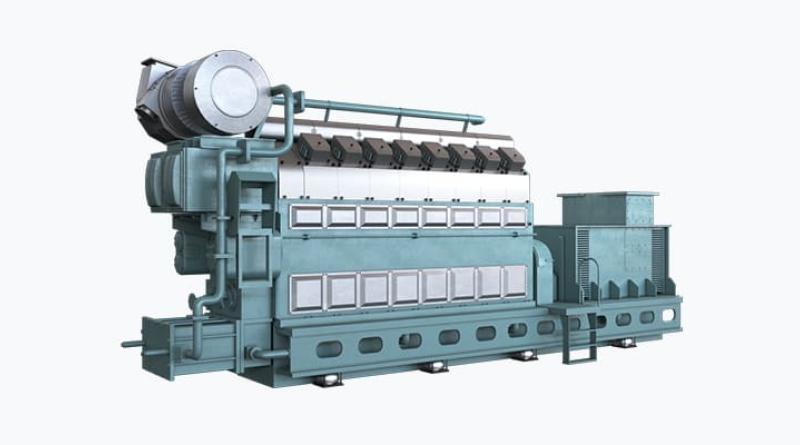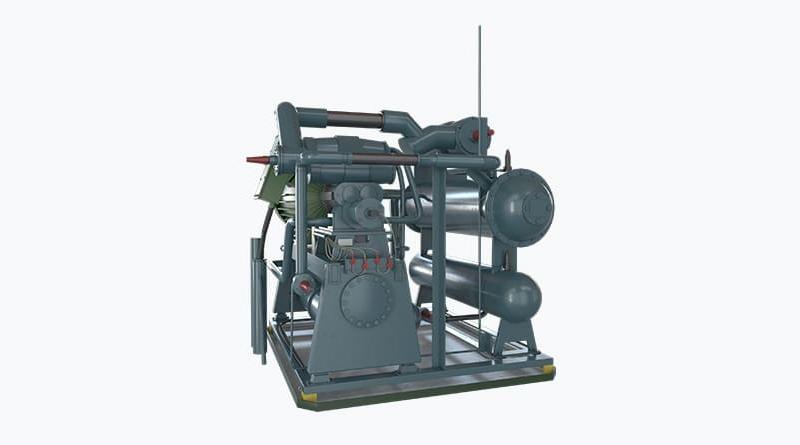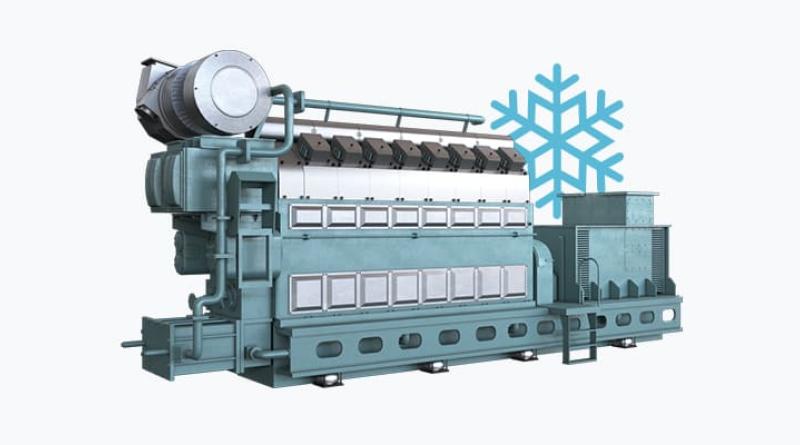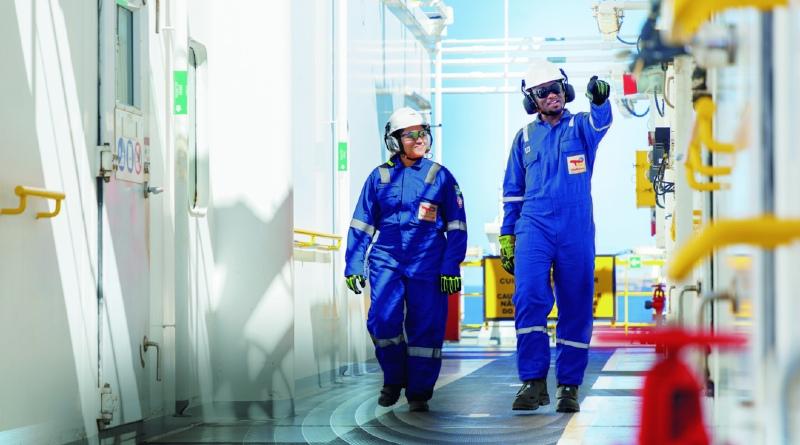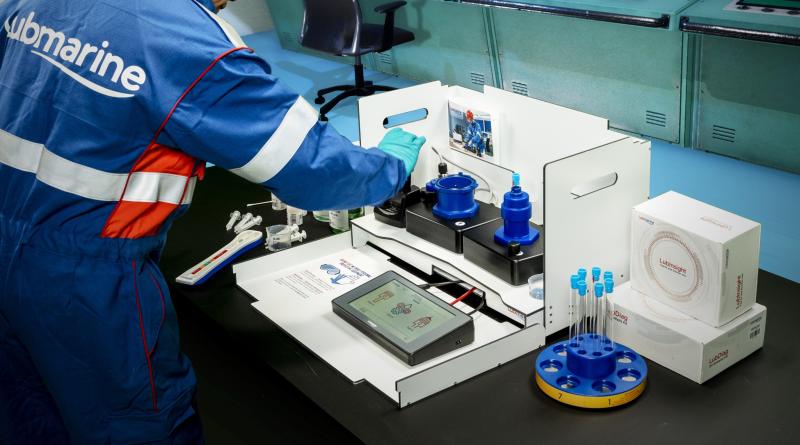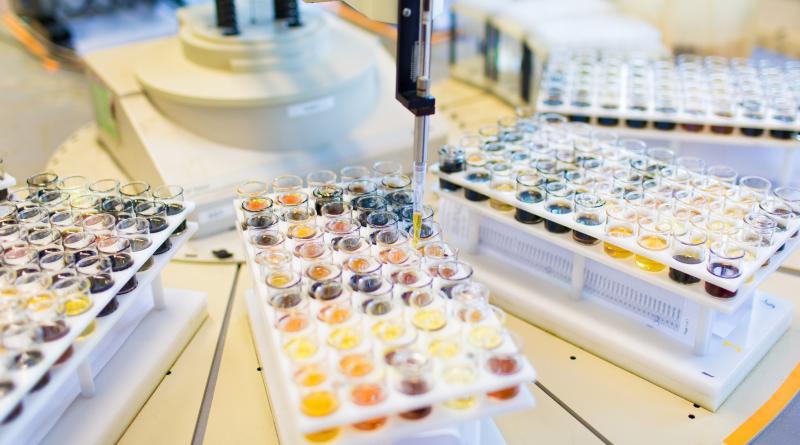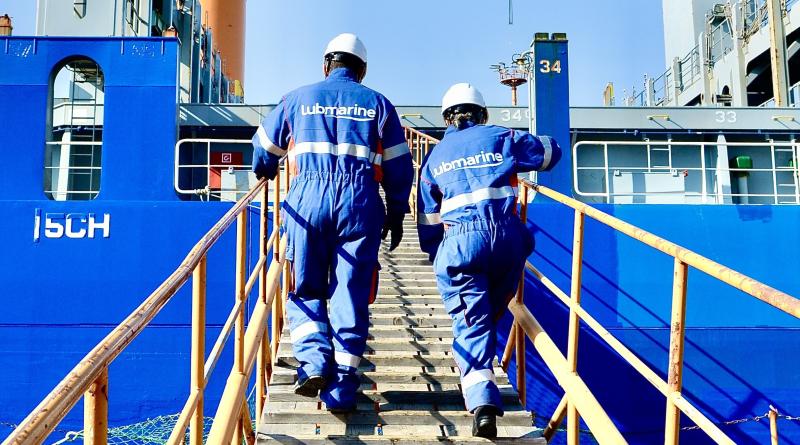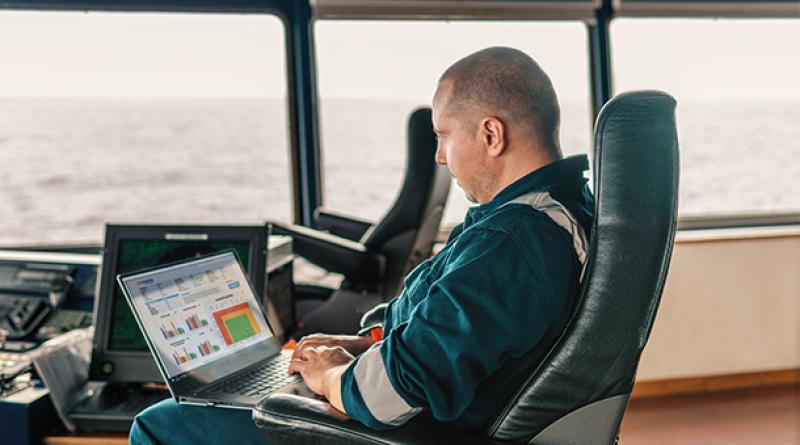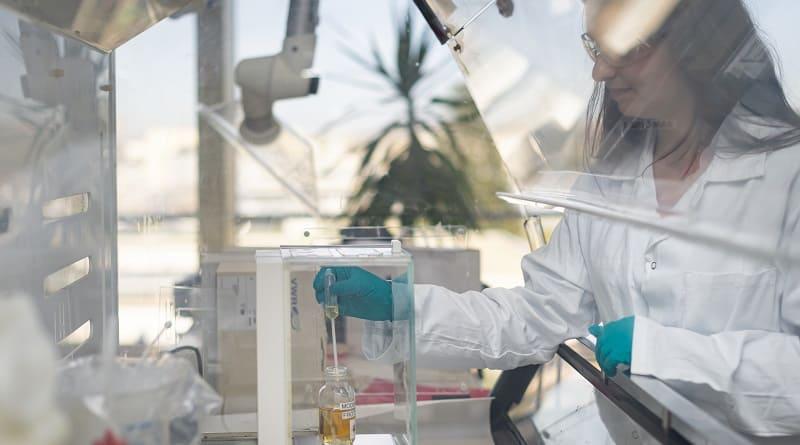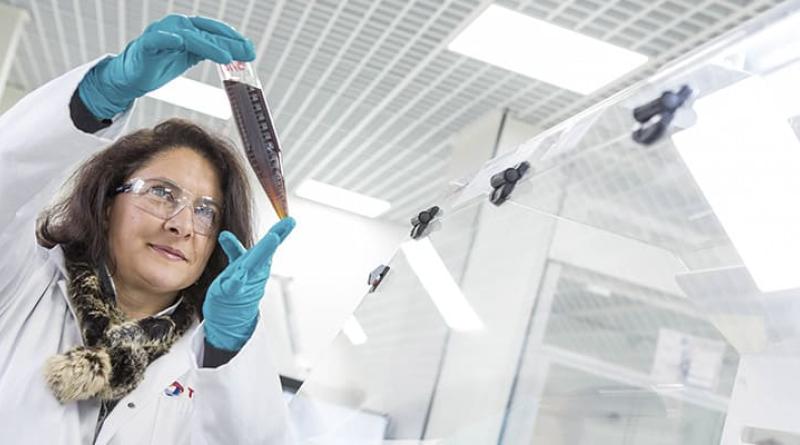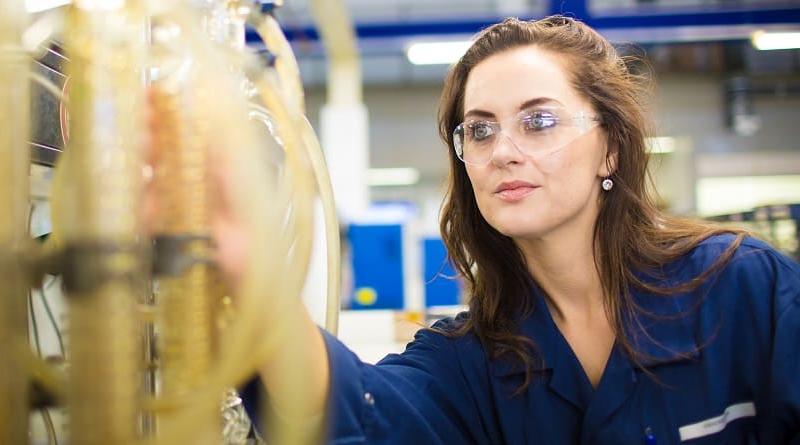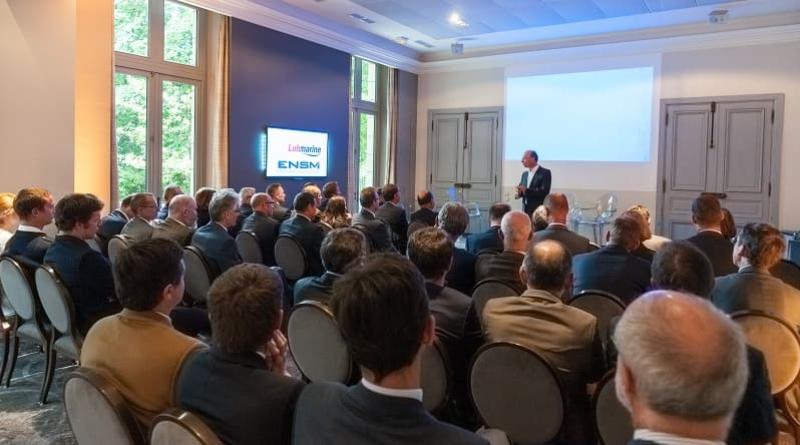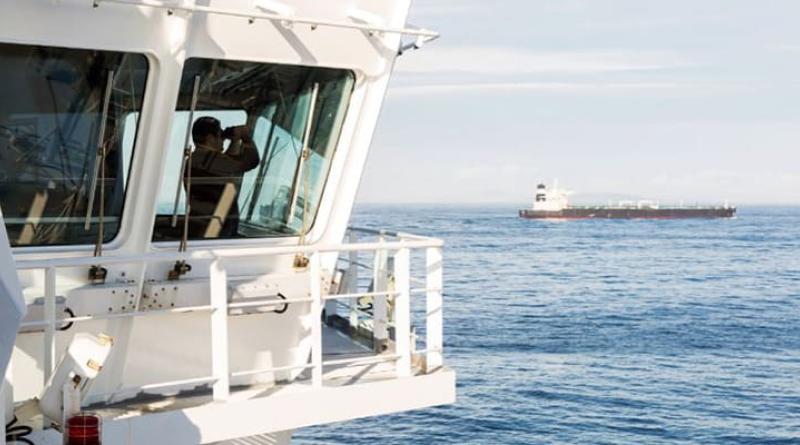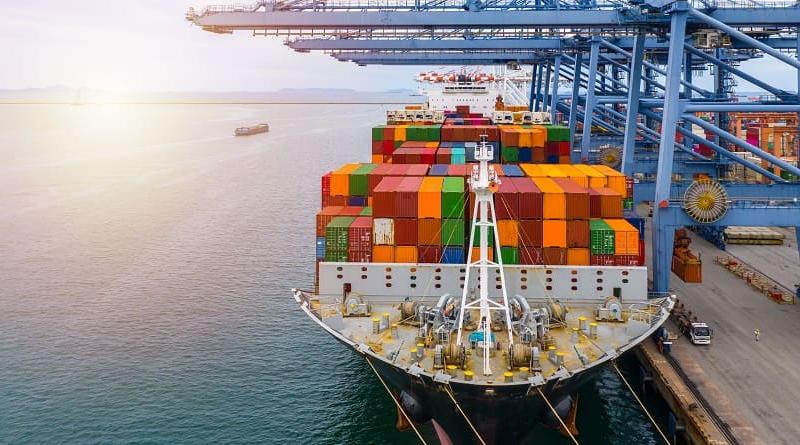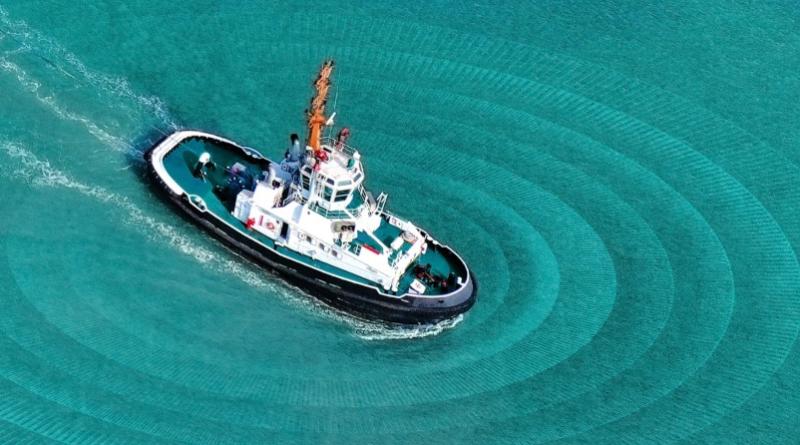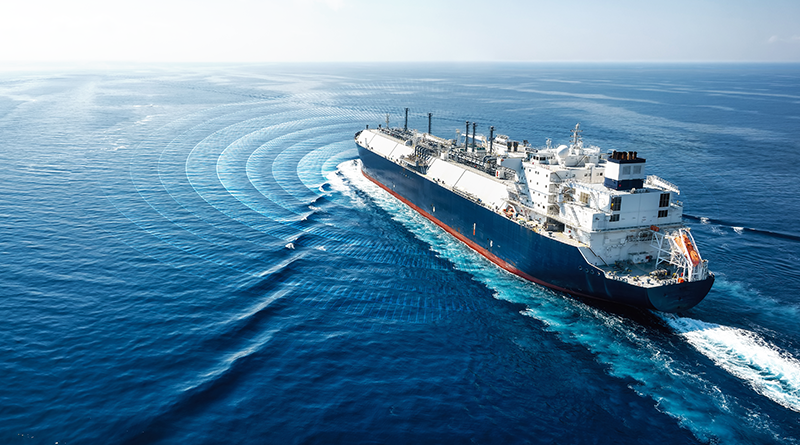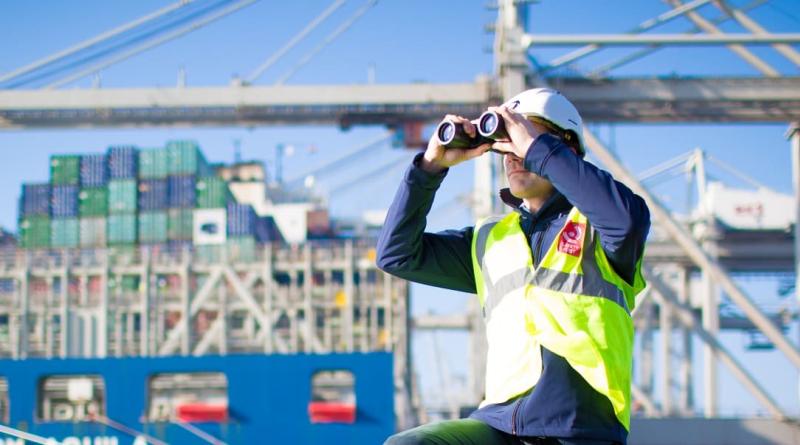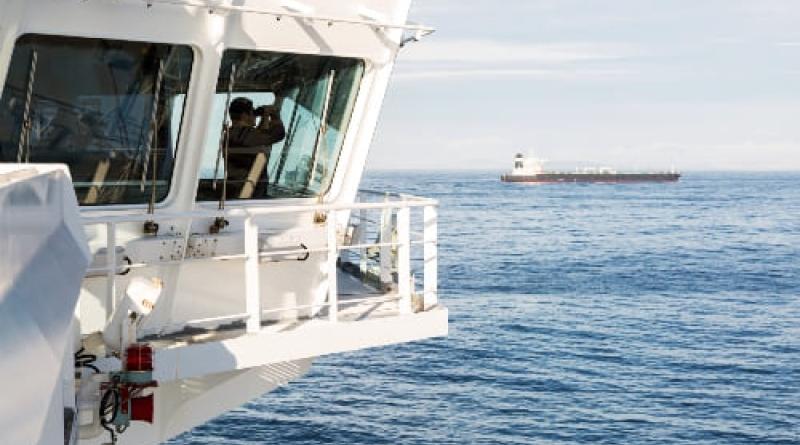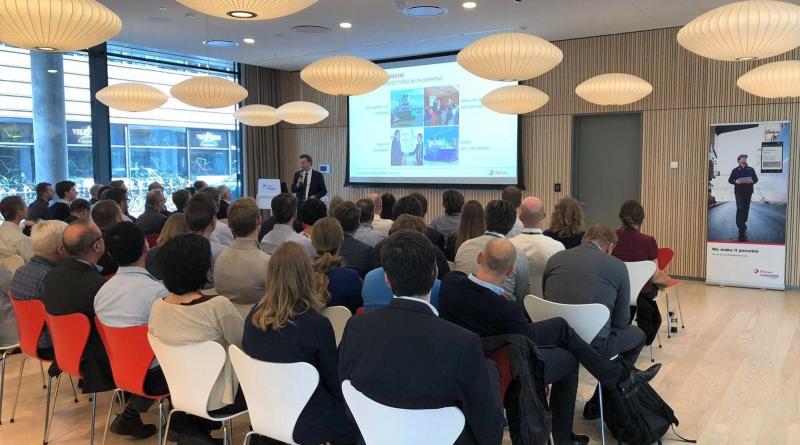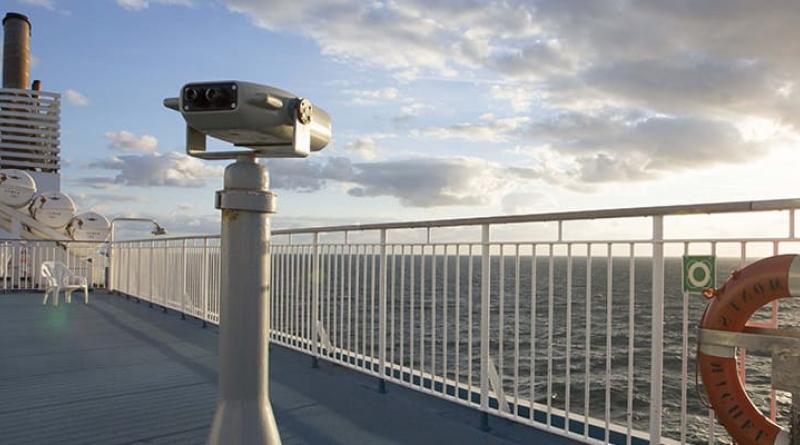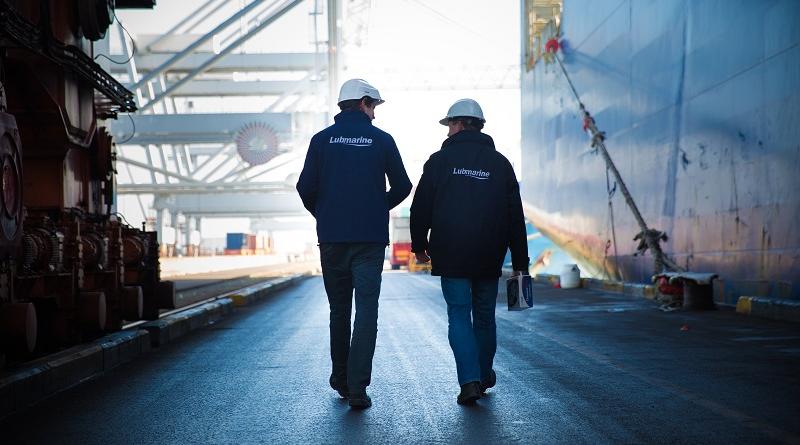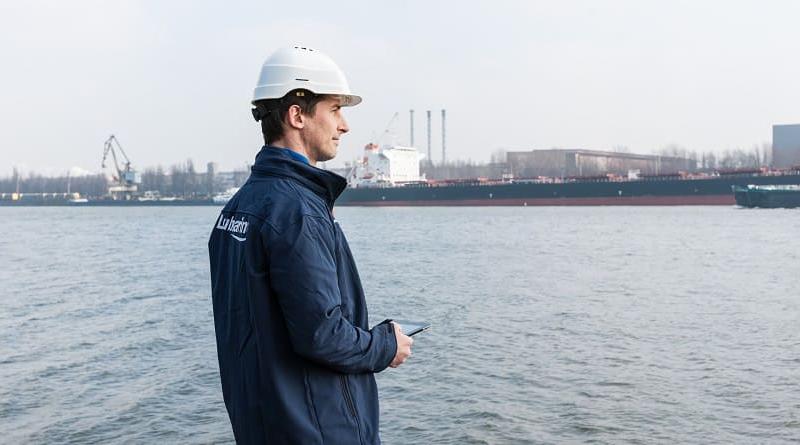
Delegates at the inaugural Marine LNG Forum hosted by TotalEnergies have heard the latest insights powering the global LNG bunkering market and the challenges and opportunities the shipping industry is likely to face as it progresses towards decarbonization.
The event – which is available for download here - brought together industry experts from across the marine fuels, engine manufacturing, vessel chartering and operating, lubrication and certification sectors, including WinGD, TotalEnergies Marine Fuels, Bureau Veritas, AET and Lubmarine.
Speakers highlighted the key role LNG has to play in supporting the International Maritime Organization’s (IMO) decarbonization strategy, which targets to deliver at least 50% reduction in total annual greenhouse gas emissions compared with 2008. Speakers at the event collectively agreed that taking a wait-and-see approach is not a strategy, and that if the IMO targets are to be met, the shipping industry needs to act now and LNG is part of the solution.
Key discussions at the Forum looked at how:
- LNG is the cleanest marine fuel solution available at scale today, to help reduce shipping industry emissions.
- LNG provides a practical pathway for the development of future marine fuels including Biomethane and Ammonia.
- LNG can lead to a net emission reduction even after factoring in methane slip risk. A Sphera study, cited during the event, showed that a 15-23% reduction in greenhouse gas emissions when using LNG to power two-stroke ship engines is achievable net of methane slip.
The strongest message from across the panel was that if the IMO targets are to be met, there is no ‘either LNG or alternative fuels scenario’. The benefits of LNG are with us today, and forgoing the opportunity to cut carbon emissions for the years ahead by not switching to LNG, while waiting for future fuels to be commercialized, isn’t an option.
Over 500 delegates signed up for the forum. If you missed the event you can recap on the key speaker presentation, panel discussion and Q+A session:


